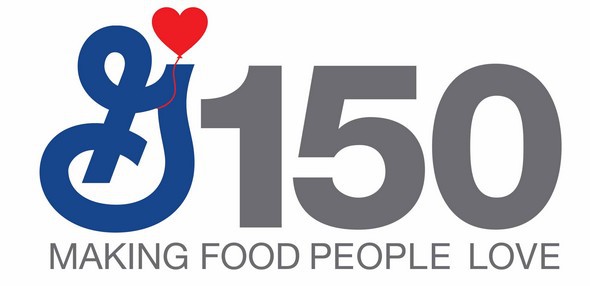General Mills is a food processing company headquartered in the US. They have a wide range of products catering to most segments in the food processing industry such as cereals, baking products, pastries, doughs, fruit, ice creams, pre-cooked meals, spreads, sauces, yogurt, pasta, pizza, soups, spices, and vegetables.The company sells their products in more than 100 countries of the world.
The company registered an annual turnover of 17 billion USD and has around 39,000 employees. Some of the top-selling brands of General Mills are Cheerios, Hiagen Dasz, Pillsbury, Betty Crocker and Cascadian Farm. The company has diverse interests in various genres of food processing and they also have a wide reach to countries across the globe.
Table of Contents
Strengths in the SWOT analysis of General Mills
The following are the strengths of General Mills:
- Wide presence in food processing domains: General Mills has the presence in almost all domains of food processing such as cereals, baking products, pastries, doughs, fruit, ice creams, pre-cooked meals, spreads, sauces, yogurt, pasta, pizza, soups, spices, and vegetables.Thus the company can meet end to end food needs of various segments.
- Top selling brands: The company owns a lot of brands which have become popular in not just US but across the globe. Some of them include Cheerios, Bisquick, Yoplait, La Saltena, Hiagen Dasz, Pillsbury, Betty Crocker and Cascadian Farm. Many of these brands are market leaders in their category both in the US and other parts of the world.
- Focus on advertisements: The company is known for their advertising strategy. They have some iconic brand icons like the Pillsbury dough man who can be identified by even the smallest kid. Cheerios is also popular for the advertisements some of which like the one showing an interracial family. Cheerios ads are also known for their vibrant colors.
- Growing popularity amongst kids and homemakers: Many of the products from General Mills are popular in their various target segments especially amongst kids and homemakers. Brands like Cheerios and Hiagan Dazs are a rage amongst kids and Betty Crocker recipes, as well as the Pillsbury brand of flour, have a range of uses in homes making it a favorite of homemakers.
- Creating memories: General Mills have had products which have fed generations and thus they have been able to successfully create memories which have been transferred from one generation to another. Along with the memories, brands like Cheerios or Pillsbury have also been transferred from generation to generation with the result that they have sustained their momentum across time.
Weaknesses in the SWOT analysis of General Mills
Some of the key weaknesses of general Mills are :
- A rise of the dollar: General Mills have a lot of business interests in foreign countries. The rise of the dollar against other foreign currencies will adversely impact the top line growth of the business.
- Poor growth in the yogurt segment: One of the prime businesses of General Mills was yogurts which were sold in the regular and light segments. However, with the growing popularity of Greek yogurt, the sale of other categories have diminished and affected the sales of yogurt brands in the yogurt segment.
- Low margins: The prices of food staples like milk, meat and vegetables are in a deflationary mode and the fall of prices are affecting the margins adversely. The company’s top-line growth has fallen sharply owing to the low margins globally.
- Fall in business in most focus segments: The focal areas of the business are ready-to-eat meals, ice cream, yogurt, convenience meals, flour, and snacks. The business in all these categories is declining which is a critical challenge for General Mills.
Opportunities in the SWOT analysis of General Mills
Some of the opportunities include :
- Reduced interest in cooking: As more people start joining the workforce the time and energy that people are spending for cooking has reduced. This is making them increasingly dependent on ready cooked meals and pre-cooked food.
- Focus on emerging markets: The focus of the General Mills is on emerging markets since the influence of Western cultures are making the customers in these countries have an increased need for processed food.
Threats in the SWOT analysis of General Mills
Some of the threats include:
- Competition: Some of the major competitors of General Mills are Kraft Foods, Mondelez, Kelloggs, and Pepsico.
- Increased concerns for health: The growing concerns for health amongst customers are creating doubts in the minds of customers on the safety of consumption of processed food.
Liked this post? Check out the complete series on SWOT

